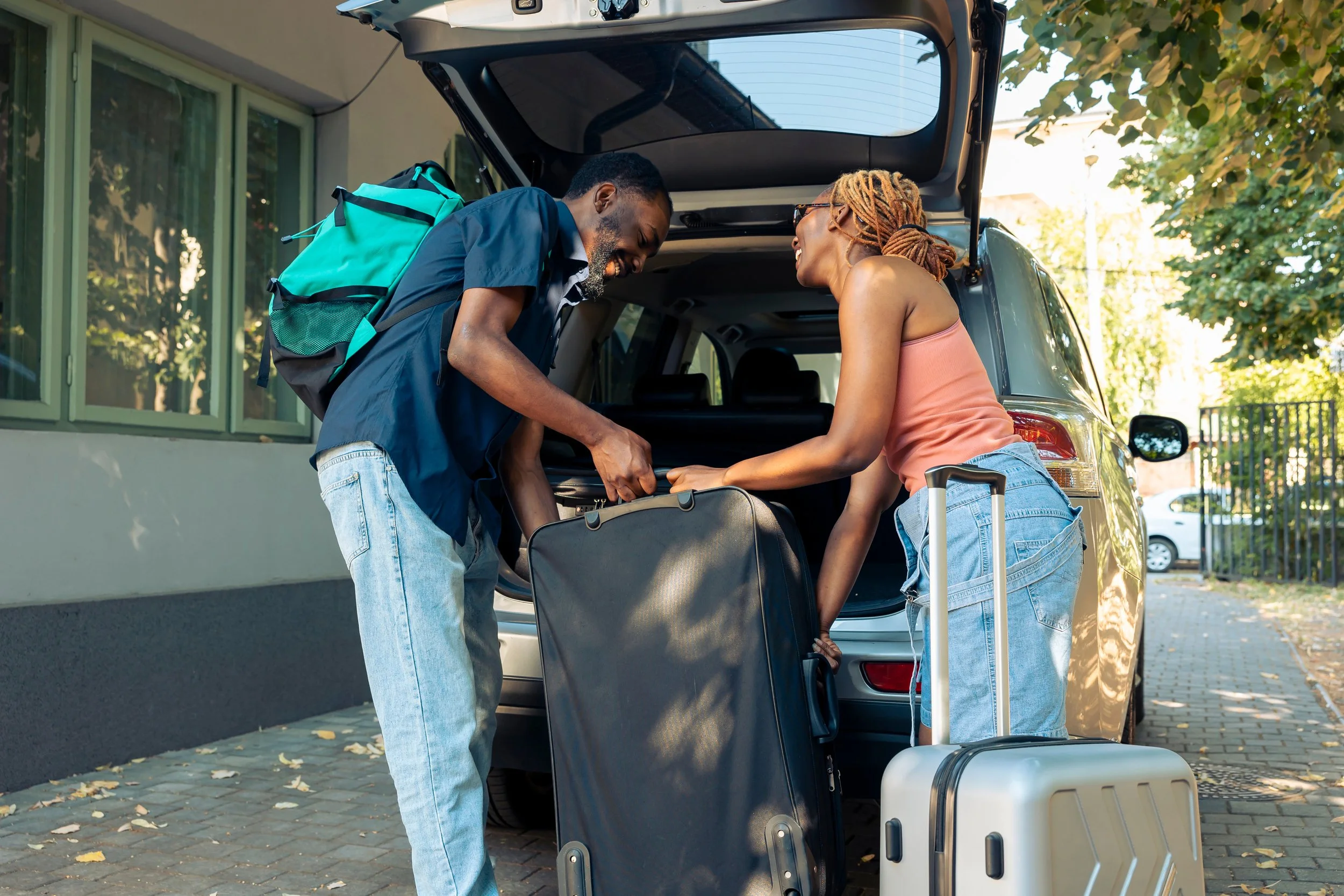
We’re Travelling Back. Let’s Travel Smart.
Malaria is preventable. Here's what to do before, during, and after your trip.
Malaria Myths That
Could Cost You
Think you're safe in cities or with garlic? These common myths still put our community at serious risk.
You Asked. We Answered.
These are the questions we hear most -now answered clearly, in one place.
Malaria Prevention,
Made Simple
The ABCD approach breaks it down — no jargon, just clear steps that work.
Support a Movement,
Not a Message
Explore how community-driven insights prevent malaria
and drive real change.
We have representation from the following organisations in our initiative
Got a Question? Want to Partner? Get in Touch.
Whether you're a traveller, funder, or community organiser. We’d love to hear from you. Use the form and we’ll get back to you soon. Please note that we cannot provide medical advice.









